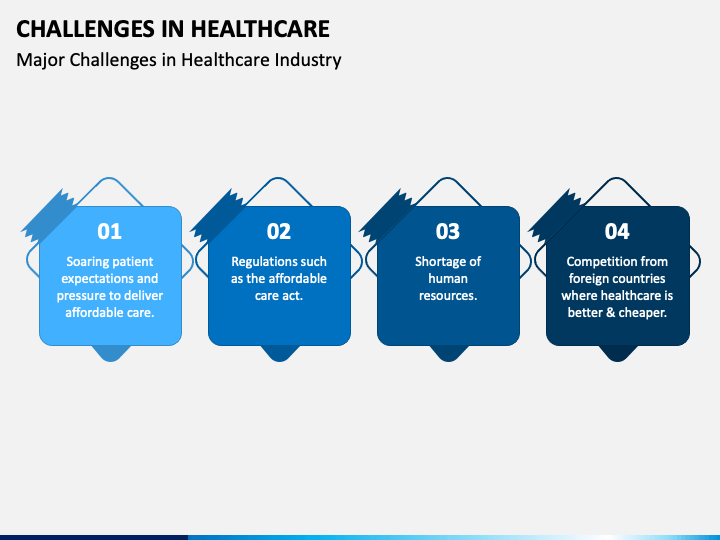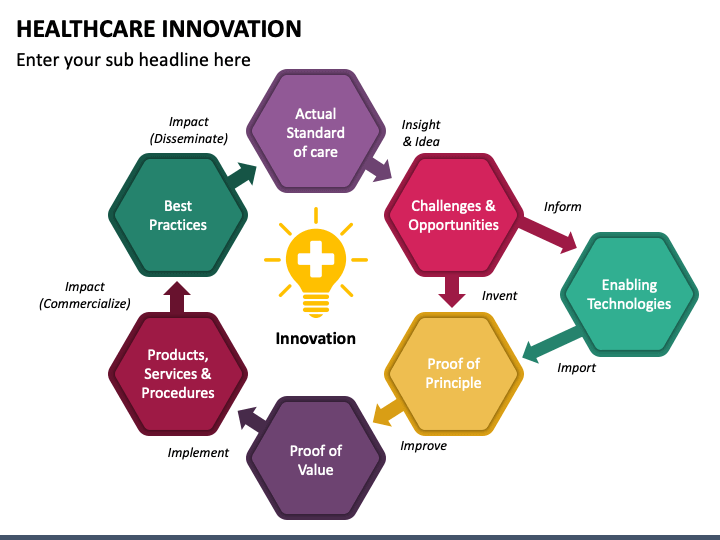Health Care Catering Services
Health care catering services refer to food provision services specifically designed for hospitals, clinics, nursing homes, and other healthcare facilities. These services are essential for ensuring patients, staff, and visitors receive adequate nutrition that aligns with dietary requirements and medical needs.

Importance of Nutrition in Healthcare Settings
Nutrition is a cornerstone of healthcare, influencing patients’ ability to heal and recover from illnesses and medical procedures. Health care caterers work closely with healthcare professionals to design menus that meet the nutritional needs of patients while considering any dietary restrictions or allergies. This collaboration ensures that patients receive meals that support their treatment plans and contribute to their overall well-being.

Challenges and Solutions in Health Care Catering
Catering for healthcare environments presents unique challenges, including the need to accommodate various dietary requirements such as diabetic, low-sodium, and gluten-free diets. Caterers must also adhere to stringent food safety and hygiene standards to prevent foodborne illnesses and ensure patient safety. Addressing these challenges requires careful planning, specialized training for catering staff, and the use of quality ingredients to maintain nutritional integrity.

Best Practices in Menu Planning and Food Preparation
Effective menu planning in healthcare catering involves a balance of nutrition, taste, and presentation. Dietitians and chefs collaborate to create menus that are not only nutritionally balanced but also appealing to patients’ tastes and preferences. Fresh and locally sourced ingredients are often prioritized to enhance the flavor and nutritional value of meals served in healthcare facilities.

Innovations in Health Care Catering Technology
Advancements in technology have transformed health care catering, improving efficiency and meal customization. Automated meal ordering systems and specialized food preparation equipment enable caterers to deliver meals promptly and accurately according to patients’ dietary specifications. These innovations contribute to a more streamlined and patient-centered approach to food service in hospitals and clinics.

Case Studies and Success Stories
Successful health care catering programs demonstrate the positive impact of well-designed meal plans on patient outcomes. Case studies highlight instances where personalized nutrition interventions have accelerated recovery times, improved patient satisfaction, and enhanced overall hospital experiences. These success stories underscore the importance of investing in quality nutrition as part of comprehensive patient care strategies.

Conclusion
In conclusion, health care catering services are integral to the holistic care provided in healthcare facilities. By prioritizing nutrition, adhering to safety standards, and embracing technological advancements, caterers contribute significantly to enhancing patient outcomes and promoting wellness. As healthcare continues to evolve, the role of health care catering in supporting patient recovery and satisfaction remains indispensable.
Through continuous innovation and a commitment to excellence, health care caterers uphold the highest standards of nutrition and service delivery, ensuring that every meal served contributes to the well-being of patients and the success of healthcare operations.

